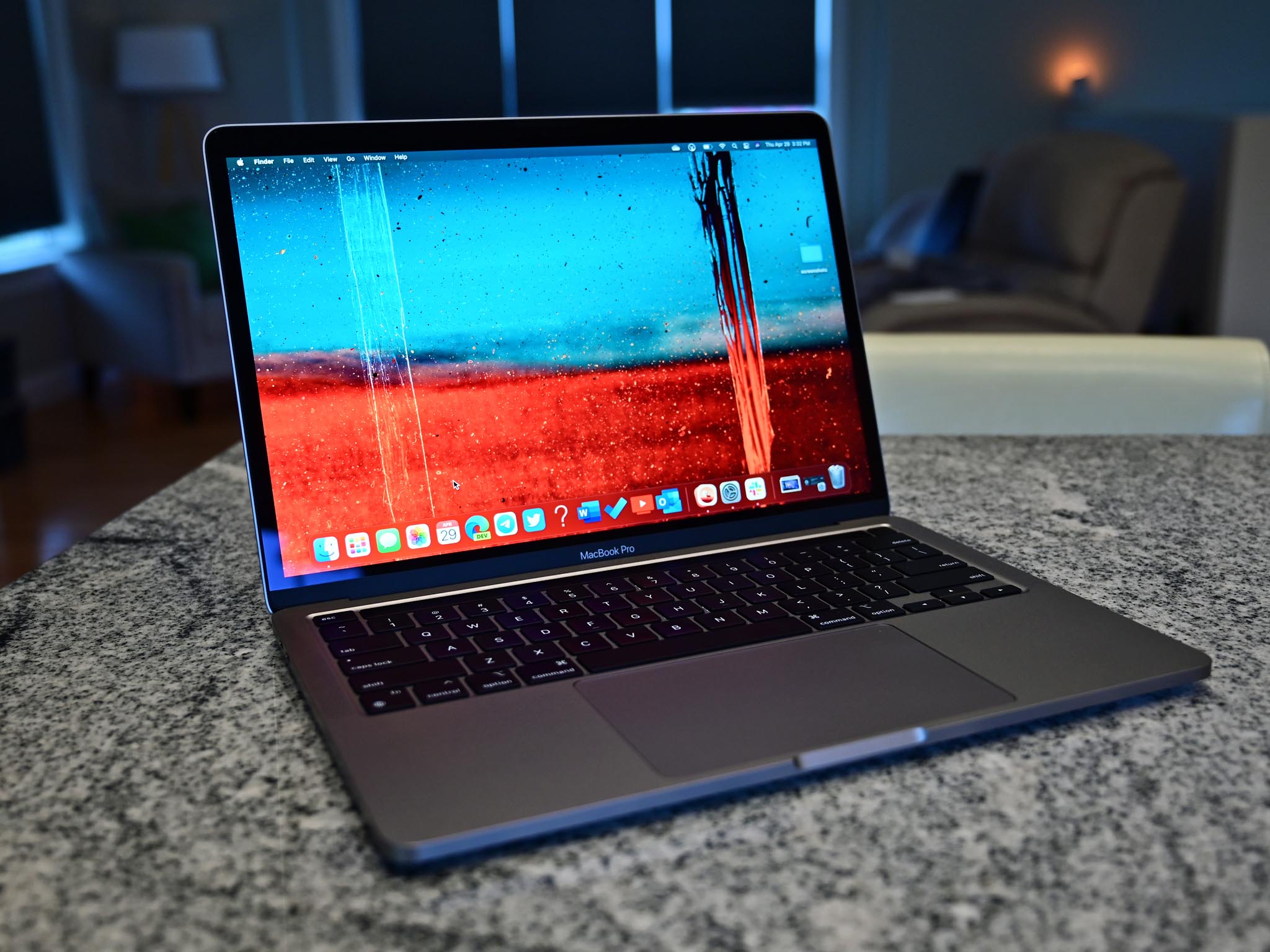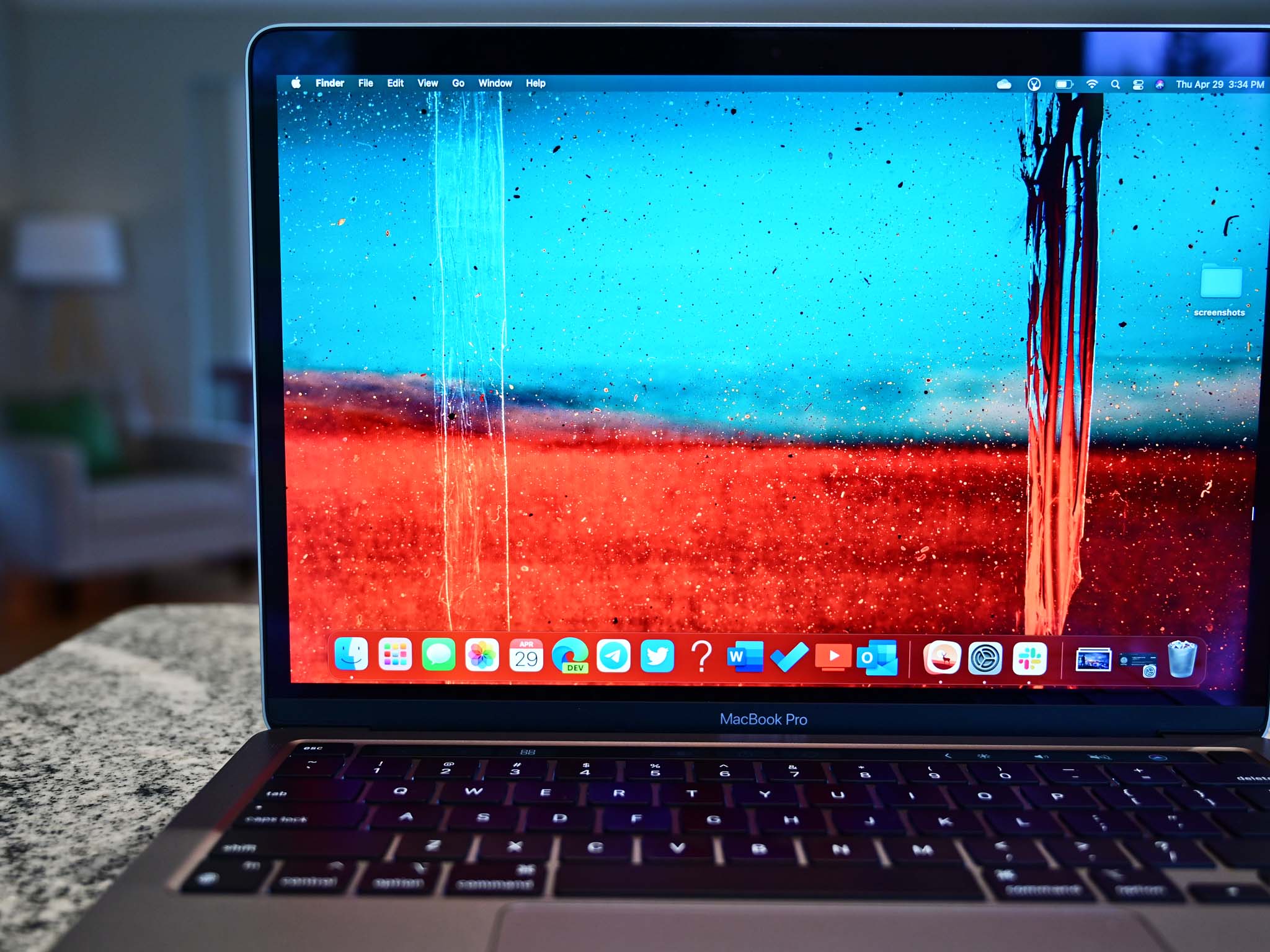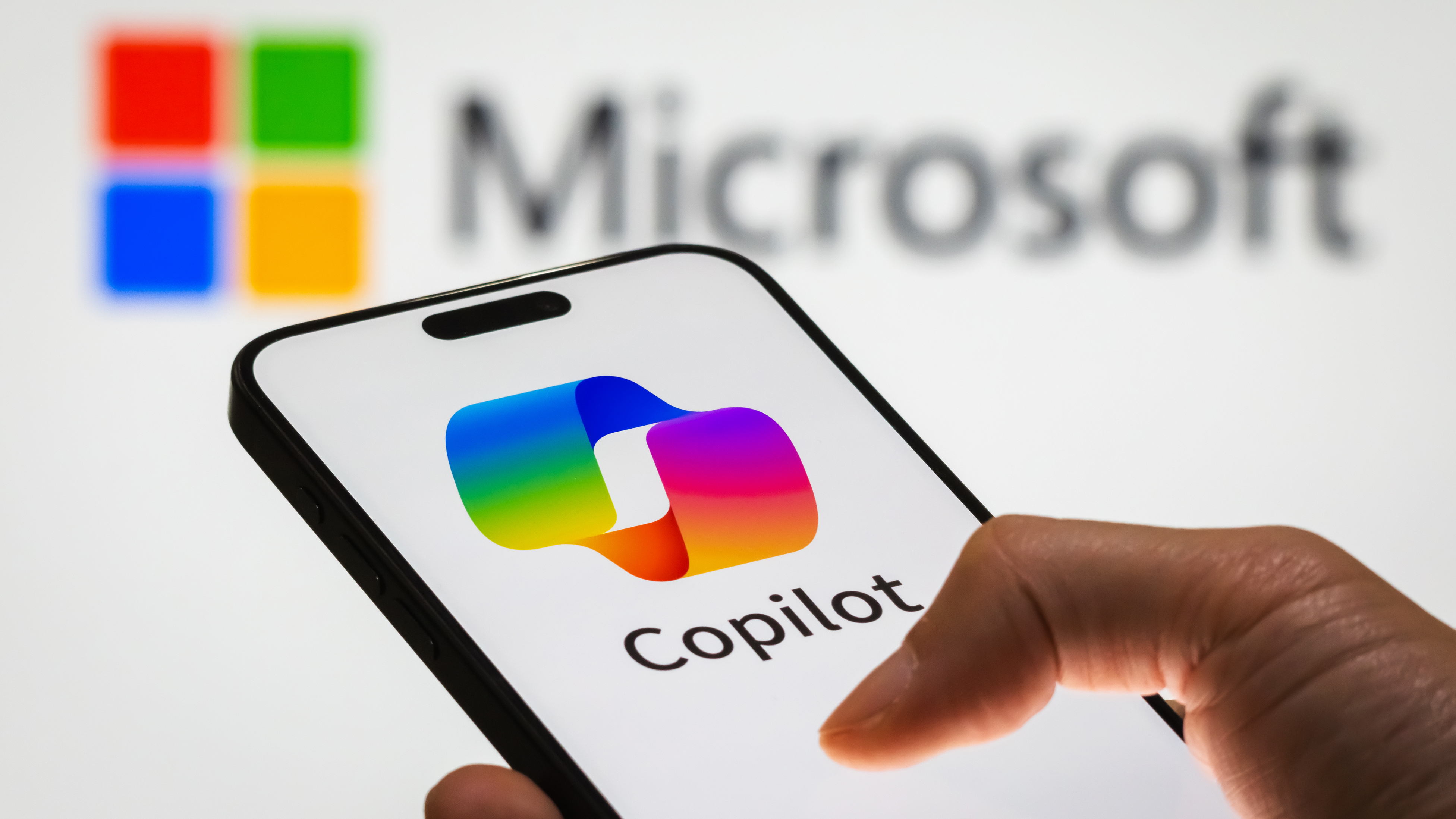Apple's surge in first-time MacBook buyers should worry the PC industry
The entire PC industry is riding an unexpected wave in laptop sales, but Apple's increased momentum is a real threat.

Like many tech companies this week, Apple posted better than expected quarterly results, thanks to a continued resurgence in computing needs. The company is doing well in all areas, especially in iPhone sales and its growing services business.
But the one worry spot — for Windows OEMs — is first-time buyers of the Mac is "just south of 50%" of new sales according to Apple CEO Tim Cook. That number is even higher in China.
There is considerable risk here for Windows PCs, especially since Apple is rumored to be launching a refreshed MacBook Pro later this year with an M2 processor. But there is some greater context, too, that suggests Apple still has a big hill to climb before it truly disrupts Windows PCs.
Apple and a rising tide

Apple certainly did well for itself last quarter, pulling in $9.1 billion (vs. $6.86 billion estimated), up 70.1% year-over-year. Nearly half of those sales, according to Apple, were first-time buyers. Apple has a traditionally strong lock-in with its audience, so any sales of devices should be taken with a grain of salt. Many purchases are simply upgrades of existing Macs as the company has a very generous trade-in program.
But as Cook notes, over 40% being first-time buyers is significant, and it suggests the hype around its Apple M1 processor help fueled heightened interest. One could propose that consumers in the US may be put some of those pandemic stimulus checks to good use, but that does not explain the "more around two-thirds" number of first-time buyers in China.
Apple's growth in MacBooks is noteworthy, but the other 92% of the PC industry also saw increased adoption.
That said, the entire computing industry is seeing an unexpected uptick in sales. Microsoft reported 44% year-over-year growth in Windows 10 non-Pro licenses — a number that even surprised Microsoft. Redmond expects "mid-single-digit growth" for next quarter for Windows 10 too.
IDC's April quarterly estimate, including Chromebooks and tablets, approximates a 55.2% year-over-year increase in shipping products. Canalys, which does not include tablets, puts it at 55%. And Gartner, which excludes Chromebooks and iPads, pegs shipments of all PCs up 32% noting it is the "fastest year-over-year growth since Gartner began tracking the PC market in 2000." Removing desktop PCs from the equation and Gartner has laptops with a 49% increase in shipments over this time in 2020.
All the latest news, reviews, and guides for Windows and Xbox diehards.
All that context is essential because, as Gartner estimates, Apple only has an 8% PC market share (up from 7.1% a year prior). Lenovo, HP, and Dell all add up to a staggering 63% (63.6% a year prior), with the rest of the pie going to Acer, ASUS, and "others," including Microsoft.
While a 70% increase year-over-year for Apple is significant, the 40% to 50% year-over-year for the other 92% of the market is also impressive. First-quarter PC vendor shipments hit nearly 70 million devices, of which Apple was only 5.5 million. Lenovo by itself shipped 17.5 million.
The Fear: MacBook momentum is growing

Apple is, in some ways, its own worst enemy when it comes to the MacBook. Sales have arguably been held back by some dumb moves over the years, which the company is now slowly rectifying.
To wit, some of the most significant drawbacks of a MacBook Pro include:
- Keyboards that broke a lot and had terrible low travel
- Touch Bar, which nearly everyone hates
- Removal of MagSafe
- No SD slot and overreliance on Type-C
- Thick bezels
- No touchscreen/non-convertible
- No 4G or 5G
Apple already fixed its terrible keyboards, but many of those will continue to be pain points.
However, Apple is rumored to be releasing new 14-inch and 16-inch MacBook Pros this year. The new designs reportedly ditch Touch Bar, bring back MagSafe, increase port options, and likely have thinner bezels in a smaller chassis.
Apple's continued fixing of the MacBook Pro line is going to be a massive headache to Windows OEMs.
Toss in an improved and faster M2 processor, and you have for many a return to Apple's pinnacle.
Windows 10 PCs will continue to ride the same growth as Apple. Still, it is also becoming increasingly clear that Apple's firm control over its processors, hardware, displays, and software is gaining momentum at a faster rate.
The real question for Apple is how much of that growth is sustainable? The same matter applies, of course, to the rest of the PC industry too.
So far, many analysts predicted a winding down of computer purchases, but that has not happened yet. A lot of the growth has to do with pent-up demand due to constrained laptop sales in early 2020 from supply issues. But it also now appears that there is a genuine resurgence in mobile computing. Indeed, Satya Nadella, chief executive officer of Microsoft, observed that "Over a year into the pandemic, digital adoption curves aren't slowing down. They're accelerating, and it's just the beginning."
I do believe we are entering a new era of mobile computing, which the market is reflecting. But how Intel, Qualcomm, and AMD respond to Apple's momentum is going to be a challenge.
Estimates suggest Apple still ships less than half of the #3 PC maker Dell, but it gets nearly all the mindshare. That effect could accelerate in 2021. Watch this space.

Daniel Rubino is the Editor-in-chief of Windows Central. He is also the head reviewer, podcast co-host, and analyst. He has been covering Microsoft since 2007 when this site was called WMExperts (and later Windows Phone Central). His interests include Windows, laptops, next-gen computing, and wearable tech. He has reviewed laptops for over 10 years and is particularly fond of 2-in-1 convertibles, Arm64 processors, new form factors, and thin-and-light PCs. Before all this tech stuff, he worked on a Ph.D. in linguistics, performed polysomnographs in NYC, and was a motion-picture operator for 17 years.
